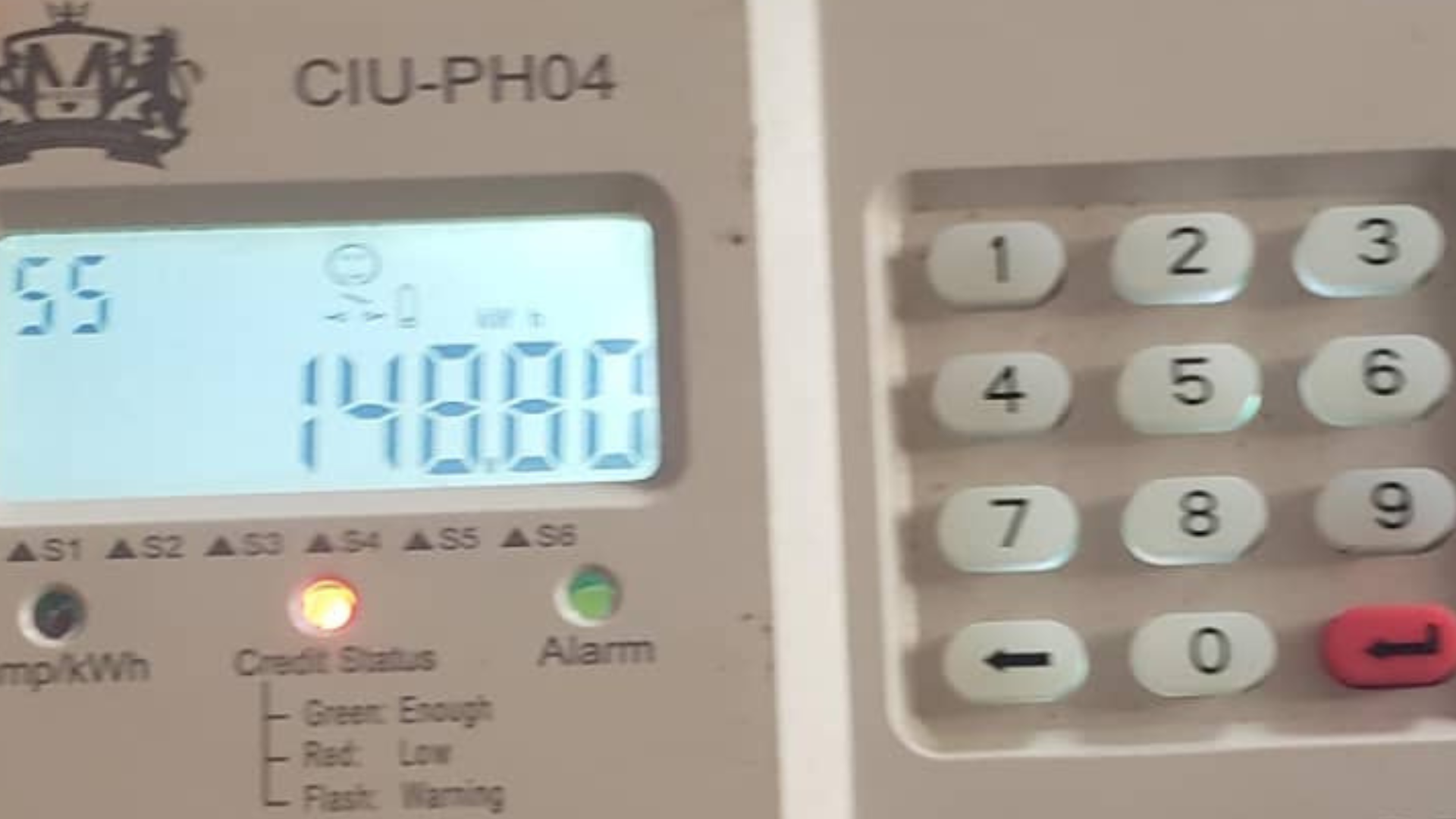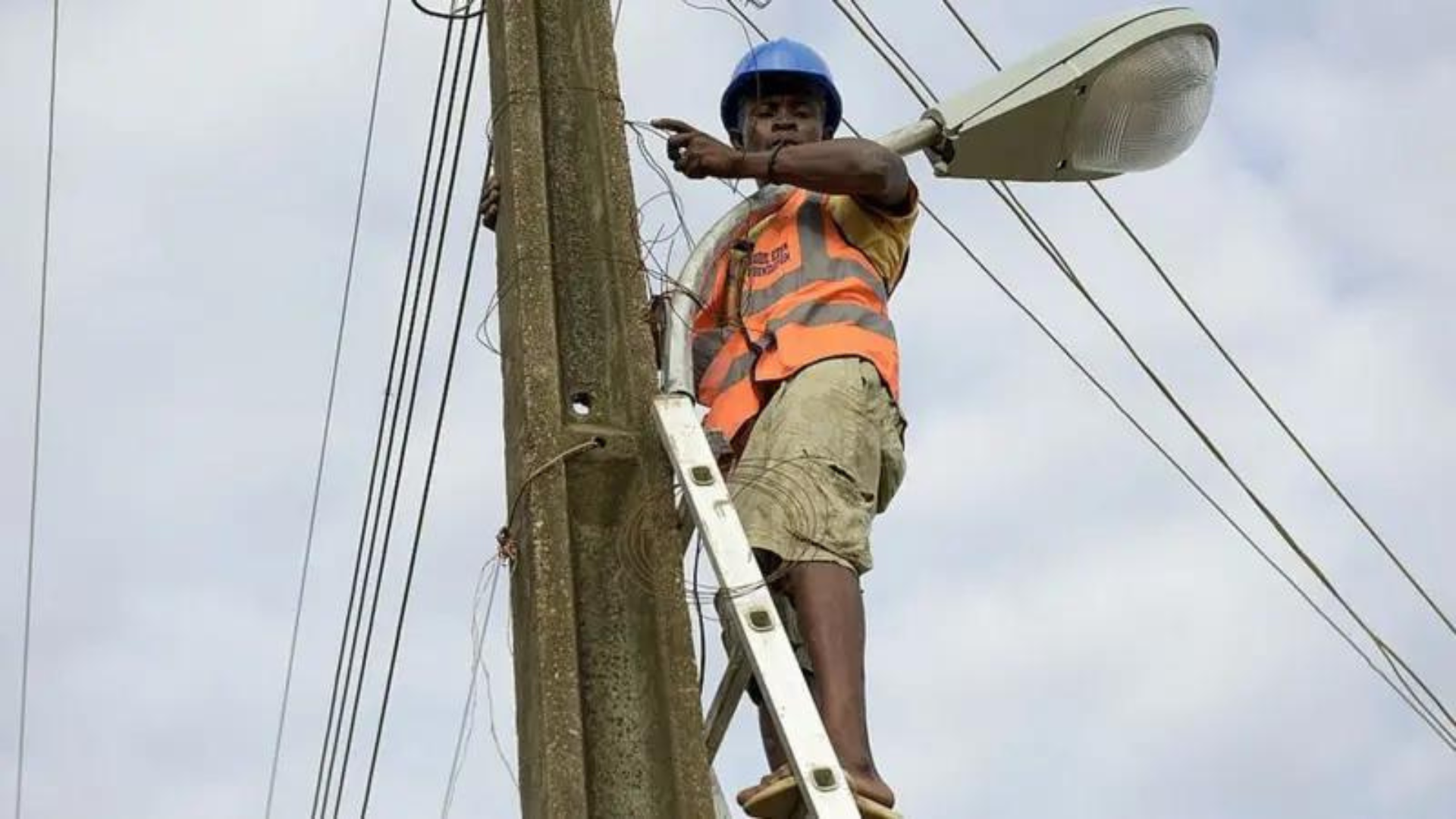
Di federal goment don approve di increment for di electricity tariff for customers wey dey band ‘A’.
Di upward review of di electricity tariff go start wit immediate effect.
Na di Vice Chairman of di Nigerian Electricity Regulatory Commission (NERC), Musliu Oseni, bin announce am on Wednesday wen im dey brief tori pipo for Abuja.
Di vice chairman say di increase go see customers begin dey pay ₦225 for kilowatts per hour instead of di current ₦66 wey dem bin dey pay bifor.
Di increase go affect customers of different distribution companies wey dey band ‘A’.
NERC say di pipo wey be band ‘A’ customers na about 15 percent of di 12 million electricity customer wey dey Nigeria.
E add say some pipo don chop downgrade comot for band ‘A’ since di electricity company no fit fulfil di 20 hours supply per day wey dem suppose enjoy.
“We get 800 feeders wey dey categorised as Band A, but we go reduce am to under 500 and di commission go allow 235 kilowatt per hour.”. Dis feeders go dey only service 15 per cent of total electricity customers wey dey connected to di feeders,” Oseni tok.
Who dey band A and how you fit know your tariff?
Di band ‘A’ pipo na those wey dey enjoy about 20 hours of electricity for dia area.
Customers wey dey oda bands no dey affected by dis new tariff.
Pipo fit know dia electricity tariff as e dey show for dia electricity bills wey dey dia prepaid meters receipts.
How many band dey and wia you belong
Band A: Minimum of 20 Hours
Band B: Minimum of 16 Hours
Band C: Minimum of 12 Hours
Band D: Minimum of 8 Hours
Band E: Minimum of 4 Hours
‘Goment dey owe debt of 1.3 trillion naira’
Di Nigeria Electricity Regulatory Commission (NERC) 2023 report show say di goment dey find am hard to pay di plenty debt e get from funding subsidy and no go fit keep up again.
Electricity subsidy wey goment get for di third quarter of 2023 na N204.59 billion, wey be average of N68.20 billion monthly.
For February 2024, mixed reactions bin greet di announcement say Nigeria no fit sustain electricity subsidy again.
Sabi pipo for di power sector say e go be welcome development if goment remove subsidy as e go encourage investors to invest for di sector wey go in turn guarantee efficient power supply for Nigerians.
Meanwhile, some Nigerians fear say di subsidy withdrawal fit worsen economic hardship wey pipo already dey face.
Recently, Nigerian goment bin tok say di kontri no go fit continue to dey pay subsidy on electricity.
Di Minister of Power, Adebayo Adelabu, bin give dis informate for one press conference for Abuja, di kontri capital on Wednesday, 14 February.
Oga Adelabu bin tok say goment dey owe power generating companies debt of 1.3 trillion naira ($857m; 682m) sake of say dem dey subsidize cost of electricity.
E add say di gbese wey di kontri power sector dey owe electricity generating companies (GenCos) and gas companies (GasCos) don rise to ova N3trillion.
Oredola Adeola, Senior Partner Advisor Report tok say to remove subsidy go allow investors enta di industry and citizens go fit enjoy uninterrupted power supply, but if goment continue to subsidize, guarantee no dey say dem go see dia money,
E dey of di opinion say goment no get di political will to stop electricity subsidy as na dia organizations dey owe electricity money pass.
One former National Chairman, Nigerian Institute of Electrical and Electronics Engineers, Funsho Adebayo wey say im partly support di removal of electricity subsidy, say e fit tough for di initial stage but for long run, Nigerians go benefit di gains.

For 2020, na more100% increase na im Nigerians bin begin dey as per den new electricity tariff.
Nigerian Electricity Regulatory Commission (NERC) suddenly increase light bill/electricity tariff from 30.23 Naira for one kwh (kilowatt unit of energy per hour) to as much as 62.33 Naira per kwh.
NERC say dem consider di following reasons for 2020 bifor dem announce di increment:
- Inflation rate (di cost of living for Nigeria)
- Global Gas price (wey don increase since 2015)
- Nigeria exchange rate
- US exchange rate
- Average kilowatt wey Discos dey sell
- Unit cost of power generation
- Di total alias aggregate technical collection and commercial loses






